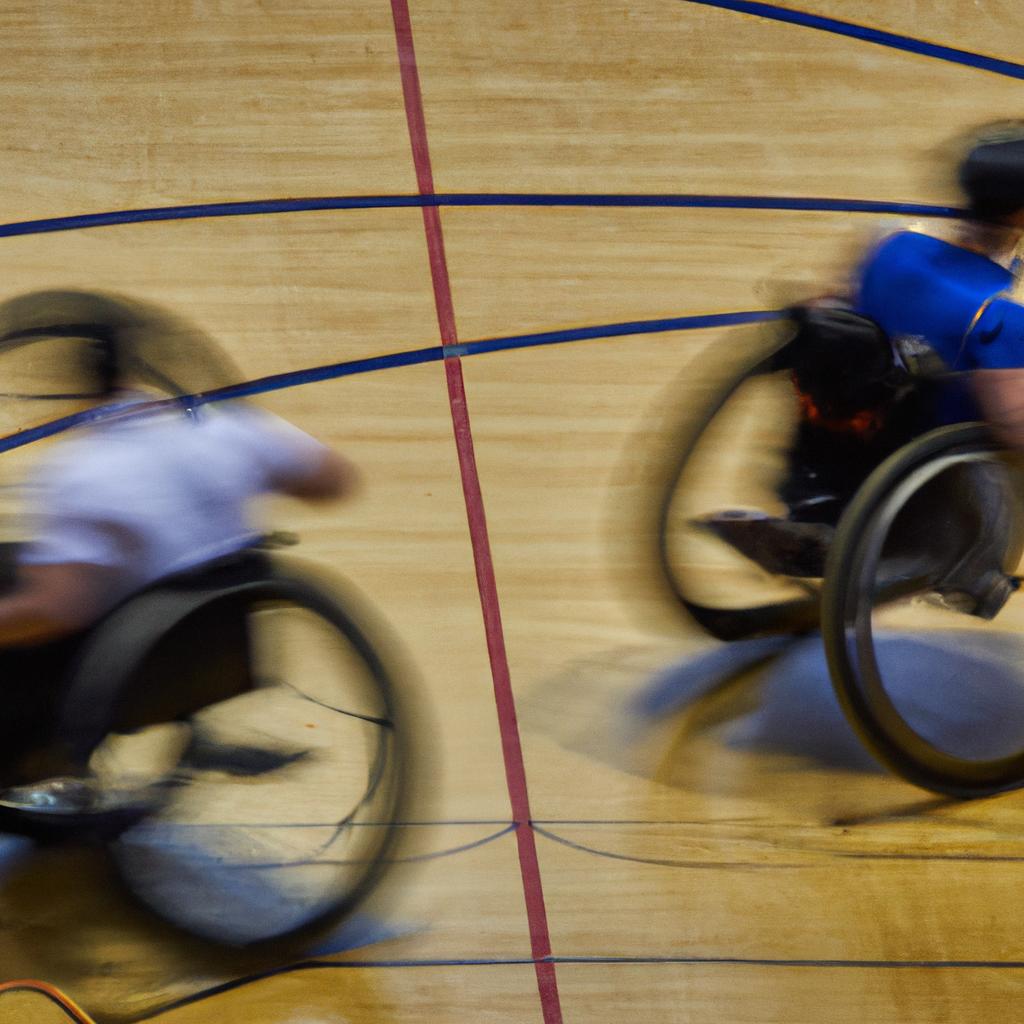**”The Role of Adaptive Sports in Fostering Teamwork Skills Among Individuals with Disabilities”**
The Role of Adaptive Sports in Fostering Teamwork Skills Among Individuals with Disabilities
Adaptive sports empower individuals with disabilities to engage in physical activities. These activities promote inclusivity, friendship, and teamwork. Participants learn to collaborate and support one another. They enhance their social skills and personal development. This blog post explores how adaptive sports foster teamwork skills, the importance of communication, health benefits, the role of coaches, and personal growth.
Understanding Adaptive Sports
Adaptive sports modify traditional sports for individuals with disabilities. Wheelchair basketball, adaptive soccer, and sled hockey are popular examples. Participants use specialized equipment to compete effectively. This equipment accommodates their physical limitations.
Adaptive sports organizations create inclusive environments. They welcome individuals of all skill levels and backgrounds. This inclusivity encourages participation and fosters a sense of belonging.
Building Teamwork Skills
Teamwork forms a fundamental component of adaptive sports. Players must communicate effectively to succeed. They learn to strategize, share responsibilities, and celebrate achievements together.
In wheelchair basketball, players coordinate passes and movements. This collaboration fosters trust and camaraderie among teammates. Athletes rely on one another to achieve common goals. They often develop friendships that extend beyond the sport.
The Importance of Communication
Effective communication plays a crucial role in developing teamwork skills. Athletes may face challenges when expressing themselves, especially under pressure. Adaptive sports programs emphasize clear communication and active listening.
Teams discuss strategies, game plans, and individual roles. Players share thoughts and ideas, providing constructive feedback to each other. This dynamic nurtures an environment where everyone feels valued and heard.
Overcoming Challenges Together
Adaptive sports present challenges that require teamwork to navigate. Athletes contend with physical demands and unique circumstances. These challenges often strengthen teamwork skills.
During adaptive soccer, players encounter unexpected situations. They may face aggressive opponents or sudden weather changes. Players work together to overcome difficulties, sharing tips and strategies. This collaboration fosters unity and develops resilience and problem-solving skills.
Health Benefits of Adaptive Sports
Participating in adaptive sports offers numerous health benefits. Regular physical activity enhances fitness, mental well-being, and social connections. Individuals with disabilities often experience improved self-esteem and confidence through sports.
Engaging in physical activity promotes overall health. It reduces the risk of chronic diseases.
Conclusion
Adaptive sports foster teamwork skills, enhance communication, and promote health. These activities empower individuals with disabilities, contributing to their personal growth and social development.
Below are related products to the topic if you’re interested:
FAQ
What are adaptive sports?
Adaptive sports are modified versions of traditional sports designed for individuals with disabilities. They include activities such as wheelchair basketball, adaptive soccer, and sled hockey, utilizing specialized equipment to accommodate various physical limitations and ensure effective competition.
How do adaptive sports promote teamwork skills?
Adaptive sports emphasize the importance of teamwork as players must communicate effectively and collaborate to succeed. Through strategies, shared responsibilities, and celebrating achievements together, participants develop trust, camaraderie, and friendships that often extend beyond the sport.
What are the health benefits of participating in adaptive sports?
Engaging in adaptive sports offers numerous health benefits, including improved fitness levels, enhanced mental well-being, and stronger social connections. Regular participation can lead to increased self-esteem and confidence, as well as a reduced risk of chronic diseases, contributing to overall health and quality of life.















Post Comment